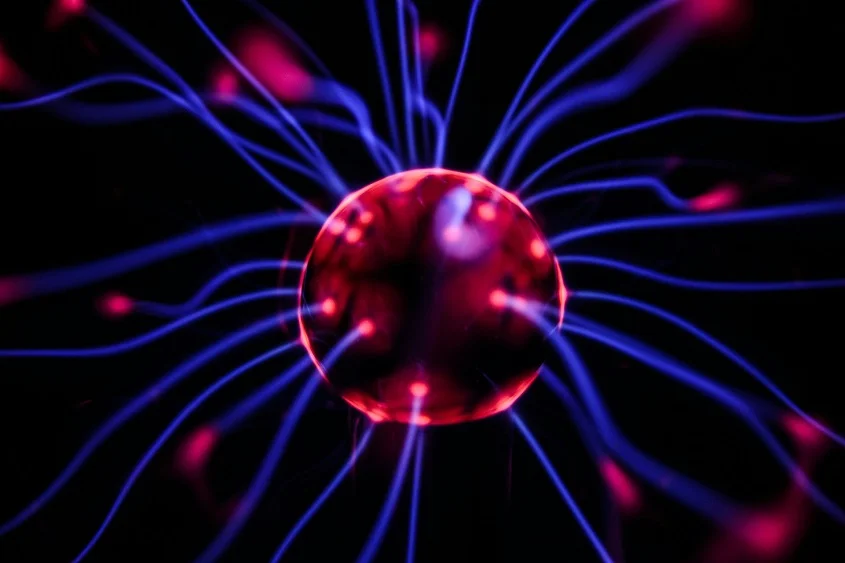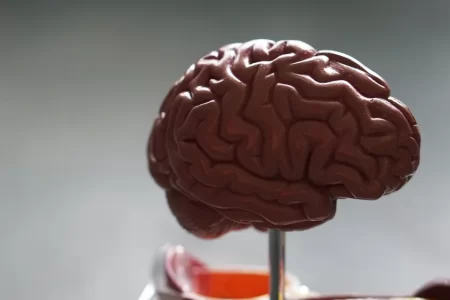Boosting Brain Power By Enhancing Cognitive Function in Your Patients
- Updated on: Oct 18, 2024
- 3 min Read
- Published on Oct 18, 2024

Healthcare professionals are continually searching for effective strategies to promote cognitive function. As our patients age or face cognitive challenges, the necessity of keeping our minds sharp becomes ever more pressing. In this blog we will look at some practical approaches that may stimulate neurons and make memory loss obsolete.

Photo by Josh Riemer on Unsplash
Exercise Prescription for Mind and Body
According to popular wisdom, a healthy body is a healthy mind. There’s plenty of evidence supporting physical exercise’s positive benefits for both muscles and mind alike. Walking or swimming increase blood flow to the hippocampus (our important memory hub) thus strengthening its size. Assign your patients an enjoyable fitness regimen tailored specifically to their abilities. Remind them that sweat is simply brain juice escaping, keep it inside so we can promote neuron growth.
Nutrition: Brain Fueling Superfoods
Encourage your patients to become detectives of dietary habits and identify superfoods that energize the brain. A Mediterranean diet consisting of fruits, vegetables, lean proteins and healthy fats has been associated with improved cognitive health, with blueberries, fatty fish and nuts serving as premium unleaded fuel for the mind. A tip you might share with them is when in doubt eat like a Greek philosopher who’s had their morning espresso.
Mental Stimulation: Brain Workout Regimen
When it comes to cognitive excellence, regular mental gymnastics cannot be overlooked. Engage patients in puzzles, strategy games and learning new skills or hobbies in order to help forge new neural pathways and keep the brain agile. Suggest that engaging in mental puzzles daily acts like doing squats for the mind. Plus it’s much more enjoyable.
Making Your Own Nootropic Products
Customized nootropic products for each patient is an innovative approach to cognitive health. Start by understanding their lifestyle, diet and any cognitive challenges they are currently facing before developing tailored nootropic formulations for them. Select natural ingredients renowned for their brain-enhancing effects, such as ginkgo biloba for memory improvement and circulation or bacopa monnieri for improved focus and learning. Omega-3 fatty acids found in fish oil may also aid overall brain functioning. Combine nootropics with vitamins like B6, B12, and E to create an effective nootropic blend. You can also shop powder solutions at Science.bio to make custom nootropic blends for your patients. Once finished with formulations, give clear instructions and remind them to incorporate these nootropics into their healthy lifestyle for the best possible outcomes.
Sleep: Nature’s Brain Elixir
Rest is important for cognitive recovery and function. Sleep helps with memory consolidation, rejuvenates the brain and enhances mood, acting as the keystone of daily brilliance. Advise patients on creating a relaxing evening routine (perhaps adding lavender oil or chamomile tea as part of this ritual) to induce deep, restorative sleep in them. And make a joke out of it, think of sleep like your brain going for a spa day with no mud masks required.
Conclusion
Improving cognitive function requires ongoing dedication, similar to taking care of a classic car. It involves providing consistent care, paying close attention to every detail and tune ups as necessary. As you help your patients along their cognitive health journeys, employ professional knowledge with humor to make it enjoyable and motivational. After all, a brain at peak performance isn’t a laughing matter but getting there can be great fun. By supporting exercise, nutrition, mental stimulation, rest and nootropic products, you are helping patients not just think better, but live better as well.












